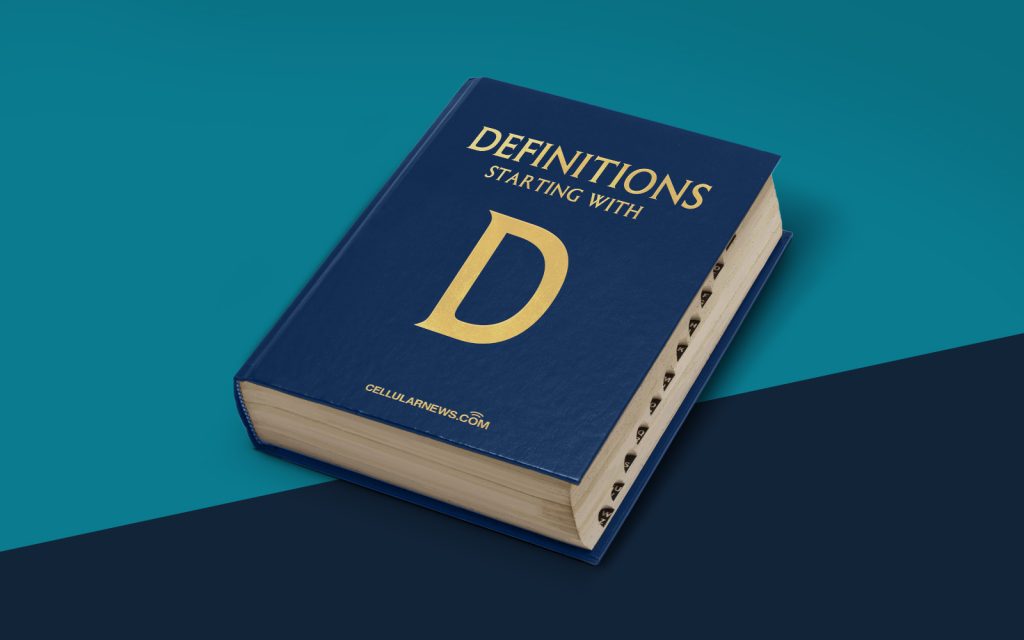
Understanding the Digital Millennium Copyright Act (DMCA)
Welcome to another edition of our “Definitions” series, where we demystify complex digital concepts for you. Today, we’ll be exploring the Digital Millennium Copyright Act (DMCA), a crucial piece of legislation that protects the rights of copyright holders in the digital world.
Key Takeaways
- The DMCA is a copyright law that was enacted in 1998 to address issues arising from the growth of the internet and digital technologies.
- It provides copyright holders with legal tools and remedies to protect their works from online infringement.
What is the Digital Millennium Copyright Act?
The Digital Millennium Copyright Act, commonly known as the DMCA, is a United States copyright law that was enacted in 1998. It was designed to address the challenges and complexities brought about by the rapid growth of the internet and digital technologies. The DMCA provides copyright holders with certain legal tools and remedies to protect their works from online infringement.
Why was the DMCA necessary?
Prior to the DMCA, copyright holders faced significant challenges in dealing with online infringement. With the advent of the internet, it became easier for individuals to share, distribute, and reproduce copyrighted material without any authorization. This posed a threat to the rights and revenues of content creators, artists, and other copyright holders.
The DMCA was enacted to provide a balanced framework that protects the rights of copyright holders while also considering the interests of internet service providers (ISPs) and other online intermediaries. It aims to strike a balance between promoting creativity and innovation and ensuring the free flow of information on the internet.
What does the DMCA cover?
The DMCA covers a wide range of digital copyright issues. Some of its key provisions include:
- Safe Harbor: The DMCA offers a safe harbor provision that protects ISPs and other online service providers from liability for the infringing actions of their users, provided they meet certain requirements. This provision encourages ISPs to cooperate with copyright holders in removing infringing content from their platforms.
- Anti-Circumvention: The DMCA prohibits the circumvention of technological measures used by copyright holders to protect their works. It is an offense to bypass digital locks or other protective measures that control access to copyrighted material.
- Notice and Takedown: The DMCA provides a mechanism for copyright holders to send a notice to online platforms hosting infringing content. The platforms are then required to promptly remove or disable access to the infringing material.
- Online Service Provider Liability: The DMCA sets forth provisions outlining when and how online service providers can be held liable for copyright infringement committed by their users. It establishes a process for copyright holders to request the removal of infringing material from online platforms.
In Conclusion
The Digital Millennium Copyright Act (DMCA) plays a crucial role in protecting the rights of copyright holders in the digital age. By providing legal tools and remedies, it balances the interests of copyright holders and online intermediaries, promoting creativity and innovation while allowing for the free flow of information on the internet. Understanding the DMCA is essential for content creators, artists, and internet users alike, as it sets the framework for digital copyright protection.
